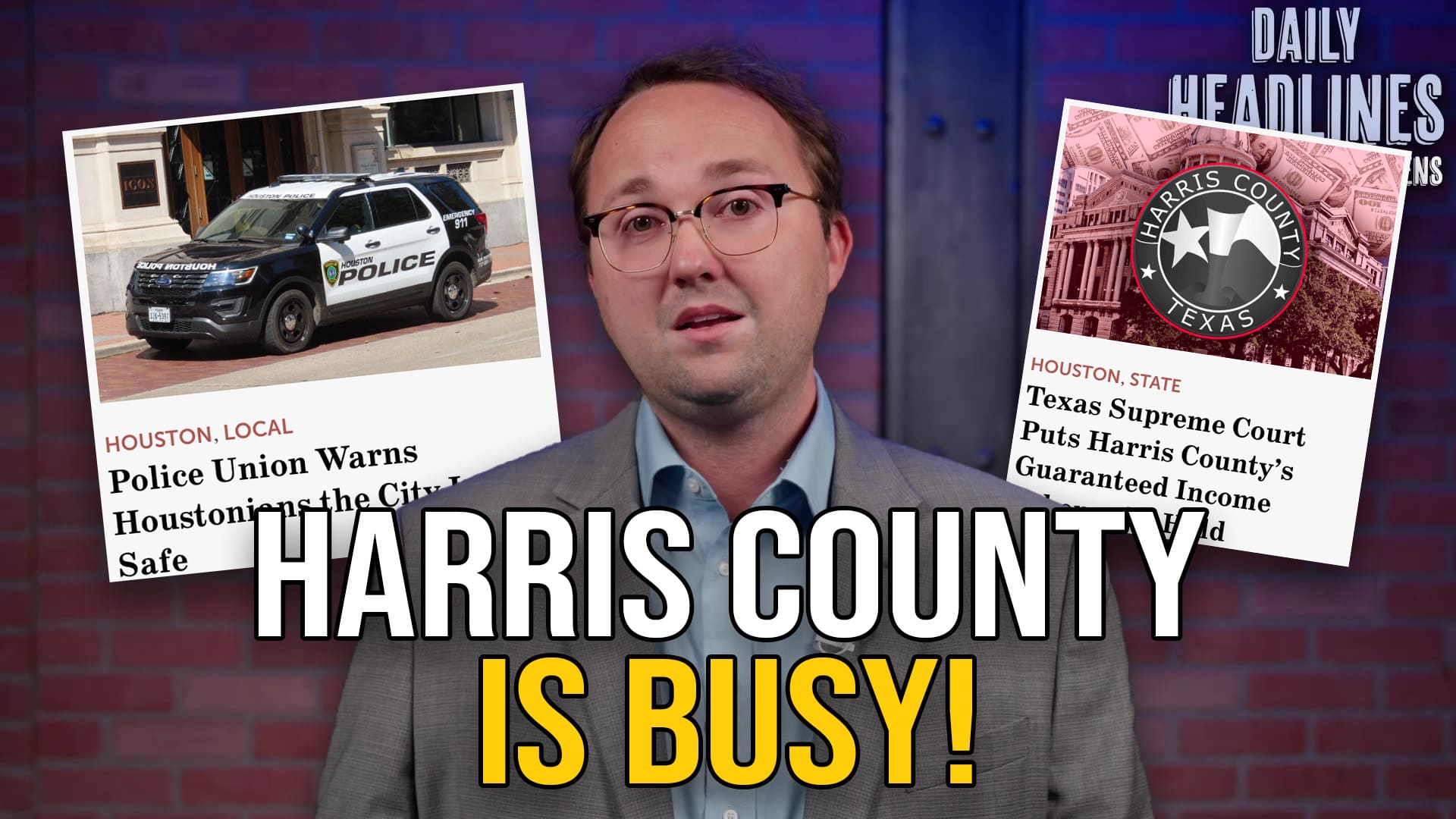An update to Texas’ photo voter ID law passed the Senate two weeks ago, but the Texas House only took up the election integrity legislation on Monday. Rather than continue to wait, the House Elections Committee held a hearing on a companion bill to Senate-passed SB 5 – which was approved on March 28 and sent to the lower chamber but never referred by the Speaker to a House committee for action.
Lt. Gov. Dan Patrick set SB 5 as one of his top legislative priorities for 2017. “Nothing is more critical to our democracy than the integrity of the voting process. Photo Voter ID is essential,” Patrick said.
HB 2481 by State Rep. Phil King (R-Weatherford) mirrors provisions of SB 5, authored by State Sen. Joan Huffman (R-Southside Place):
- Allows any eligible voter without a photo ID to cast a regular ballot by signing a “reasonable impediment declaration” and showing alternate forms of identification;
- Allows voters 70 and older to use expired photo IDs when voting at the polls (Texas voters 65 and older already have the option to vote by mail, which doesn’t require an ID);
- Let all voters use IDs that have been expired for up to two years;
- Puts into statute a program started by the Texas Secretary of State in 2013 for mobile units to provide free election identification cards for eligible voters statewide; and
- Makes intentionally lying on voter declarations a third-degree felony.
Questions arose in both the House and Senate about just how much in-person voter fraud occurs in Texas. Brantley Starr from the Texas Attorney General’s office testified Monday that tracking local prosecutions across the state is difficult. Of course, prosecutions aren’t an accurate indication of the number of offenses. Voter impersonators are nearly impossible to catch and prosecute, as by definition their true identities are unknown – they lie at the polls.
As the Texas House panel considered fixes to Texas’ voter ID law that follow the directive of the Fifth Circuit Court of Appeals, a federal district judge responded to a Fifth Circuit directive to reconsider her 2014 ruling that the law was passed with discriminatory intent.
In 2016, a majority of 15 Fifth Circuit judges agreed that “infirmities” in U.S. District Judge Nelva Gonzales Ramos’ ruling on the state’s original photo voter ID law SB 14 required them to reverse her judgment that “SB 14 was passed with a racially discriminatory purpose.”
Despite the appellate court’s misgivings and reversal, on remand Ramos reached the same “infirm” conclusion: that Texas lawmakers passed voter ID “with a discriminatory purpose in violation of Section 2 of the Voting Rights Act.”
Ramos’ reasons for concluding intentional racial discrimination didn’t change either. In addition to disparate impact, a statistical determination that courts conflate with discriminatory disparate treatment; past discriminatory practices; and “a pattern of conduct unexplainable on non-racial grounds,” Ramos cited “extraordinary procedural tactics used to rush SB 14 through the legislative process.”
Those “extraordinary” tactics included assigning SB 14 “emergency” status, a common practice that allows bills to be voted on during the first 60 days of a legislative session, and creating a Select House Committee on Voter ID to consider the bill – this after prior attempts in 2007 and 2009 to pass voter ID legislation stalled.
Ramos added that “the bill did nothing to address mail-in balloting, which is much more vulnerable to fraud” – a common red herring of voter ID opponents and one that ignored the multitude of anti-mail ballot fraud bills filed in the Texas legislature over the past several sessions.
Judge Ramos will consider separately whether Texas’ voter ID law continues to have what the Fifth Circuit ruled were “discriminatory effects” after the legislative session ends, taking into account updates included in SB 5/HB 2481. A status conference is scheduled for June 7.
The U.S. Department of Justice is no longer a plaintiff in the discriminatory purpose claim. Both they and the State had asked Ramos to wait until after legislative updates were passed to rule on that claim.
As debate over the impact of the law continues, a just-released study of non-voters in Harris County and CD-23 in the 2016 general election found that Texas’ voter ID law stopped no eligible voter from voting. According to the study by the University of Houston Hobby School of Public Affairs:
While the photo ID law at least partially discouraged some people from voting, an actual lack of a state approved photo ID kept virtually no one (only one non-voter among the 819 surveyed) from turning out to vote in 2016.
Photo voter ID was upheld by the U.S. Supreme Court as constitutional in 2008, but it remains a contentious issue as left-wing groups continue to gin up discrimination claims and liberal judges grant them favorable rulings. Voter ID is likely headed back to the Supreme Court as Texas looks to implement its modified election integrity law.





